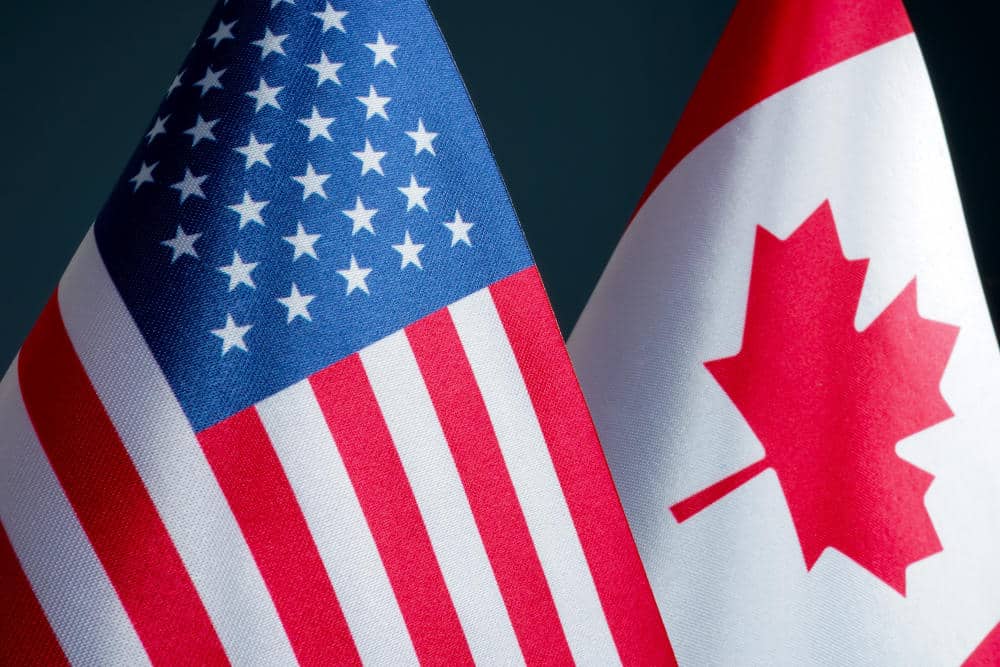Canola seed is the surprising victim of Canada’s trade war with America.
When Canada added low-erucic acid rape seed, better known as canola, to its retaliatory tariff list this past March, it seemed a symbolic swipe in a larger geopolitical tit-for-tat. But to those in the trenches of agriculture, the move was more than symbolic — it risked disrupting the finely tuned machinery of cross-border seed supply chains.
On March 4, 2025, Canada slapped a 25% tariff on imports of U.S. goods under HS code 1205.10.00 — low-erucic acid rape or colza seeds — as part of its countermeasures to recent U.S. tariff hikes. Because tariffs apply at the 8-digit HS level, the subcategory 1205.10.00.10 — seeds intended for sowing — was also affected. In practice, that meant canola seed, a vital input for Canadian growers, suddenly became collateral damage in a trade fight it had little to do with.
“It’s a painful irony,” says Lauren Comin, policy director at Seeds Canada. “Canada is the global powerhouse when it comes to canola, but the hybrid seed that fuels that success isn’t all grown here. We rely on production across borders to meet our own planting demands. Around 25% of seed used in Canada is produced in the U.S.”
The Canadian and U.S. seed sectors are closely integrated. Due to the sensitive and specialized nature of canola hybrid production — requiring specific environmental conditions and distance between other canola production sites — seed is often grown in the U.S. before being imported into Canada for commercial planting. While the bulk of Canadian canola seed is domestically sourced, targeted imports fill strategic gaps in supply and ensure the health and diversity of plantings. Disrupting that flow is not a trivial matter.
“Canola seed production has very specific agronomic and timing needs,” Comin notes. “Applying a blunt instrument like a blanket tariff creates unnecessary friction in a system that’s already working efficiently.”
Since the announcement, Seeds Canada has been leading a quiet but focused lobbying campaign to remove HS code 1205.10.00 from the counter-tariff list. The organization, alongside partners across the value chain, has pushed for an exemption on the grounds that canola seed is an essential agricultural input — not a bargaining chip.
So far, Ottawa is standing firm. The Ministry of Finance has stated that any revisions to the list will only result from broader trade negotiations between Canada and the United States. In the meantime, it has recommended a workaround: remission requests.
Seeds Canada submitted a formal application asking for full tariff relief on all imports under 1205.10.00.10, dating back to March 4 and covering all future transactions while the tariffs remain in effect. The process is cumbersome, but it’s the only avenue currently available.
“It’s not ideal. We would prefer an outright exemption,” says Comin. “But in the absence of a policy shift, remission offers a temporary pressure valve. We’re encouraging all affected members to submit their requests while we wait for a response from the department of Finance.”
The remission template, distributed by Seeds Canada, is part of a broader information campaign to help importers navigate the bureaucratic maze. It may buy time — but not certainty. If the remission request is denied or delayed, the seed sector could face additional costs and supply disruptions just as planting preparations ramp up.
Comin is pragmatic about what comes next. “We’re hopeful, but realistic. This may not be resolved by remission. It may come down to a political breakthrough between Ottawa and Washington.”
That breakthrough could be on the horizon. There is speculation that a broader announcement on Canada–U.S. trade relations may arrive before the remission request is adjudicated. But for now, the industry waits, quietly calculating the cost of every shipment caught in the crossfire.
Comin adds that another trade spat going on concurrently is also adding to the tension.
“One thing I’m keeping a close eye on is the tariffs China has placed on canola oil and meal. That kind of move could easily affect demand for canola — and, in turn, the number of acres farmers are willing to commit to it,” she says.
“Instability like this isn’t helpful in any production system. That’s why we’re doing everything we can to provide as much certainty and stability as possible on our end.”
